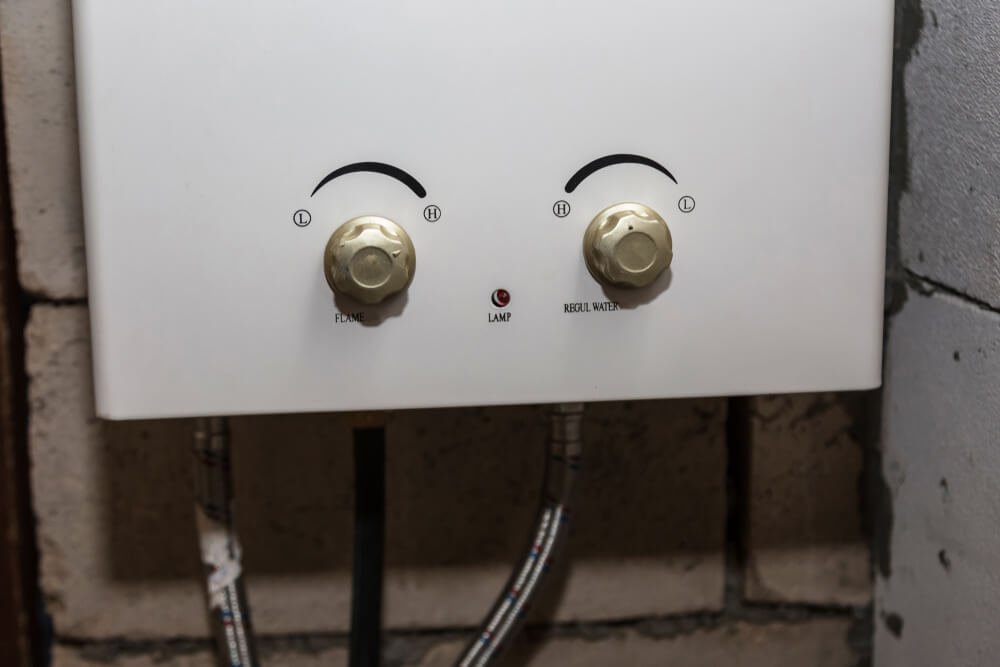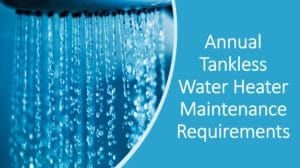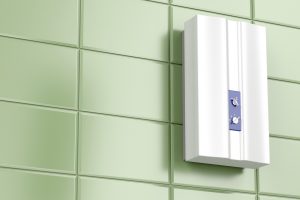How Long Do Water Heaters Last?
If you’re shopping for a new water heater, you’re probably wondering how long does a water heater last, on average?
Most models of traditional water heaters last eight to twelve years, and If you’re familiar with the basic care and routine maintenance needs, then it may serve you an extra year or two.
But , there are some factors that can interfere with the lifespan of your water heater, so it really depends.
Models that are equipped with a fiberglass tank are known to have a longer life expectancy than traditional steel tank heaters. Higher end water heaters will come with a lifetime warranty on the tank, which is a big deal considering a damaged tank cannot be repaired.
An Expert can help you extend lifespan by fixing current issues. Use our Free Online Plumber Search Tool to find trusted Water Heater Experts near you.
While it’s definitely tempting to choose a lower priced model, just keep in mind that low priced tanks often come with shorter warranties, ranging from four to six years.
Because of this, it’s usually worth it to spend the extra cash and purchase a water heater with at least an eight to twelve-year life span.
These higher priced models will usually come with better quality anode rods which are considered one of the most important components that will keep your water heater in great working order.
However, in a lower priced unit you also have the option of upgrading the anode rod, but you’ll have to factor in the additional cost of the rod and the installation as well.

Why Did My Water Heater Stop Working?
There are a couple of major reasons a water heater can fail, with over-pressurization being the most common. This involves too much pressure at the inlet or excessive heating.
You can avoid this issue by keeping the tank’s heat at one hundred and forty degrees or lower. An adjustable valve installed at the inlet can also decrease the flow.
The other common cause is sediment buildup. Contaminants and chemicals in the water lead to rust or corrosion, which can lead to a leak. But if properly cared for, even a lower priced water heater can last longer.
So, when shopping for a new water heater, go with a model that includes an anode rod. These rods work by attracting the contaminants in the water, which will save the tank from corrosion.
Over time, the rod becomes caked with contaminants, causing the rod to be eaten away, so it’ll need to be replaced eventually. However, this component is usually priced affordably compared to the high cost of replacing a water heater.
Gas Vs Electric Water Heaters

How Long Do Gas Water Heaters Last ?
According to the pros, an electric water heater usually lasts one to two years longer than gas-powered units. But this isn’t always the case. A gas water heater is said to be more environmentally friendly and economical compared to electric models. However, they’re also equipped with components that tend to fail or wear out.
It’s much more affordable and easier to replace an old unit with the same type of water heater unless you have a reason to switch to another type.
An Expert can help you extend lifespan by fixing current issues. Use our Free Online Plumber Search Tool to find trusted Water Heater Experts near you.
When To Replace Water Heater?
It’s really not difficult to identify an issue going on with your water heater. A lack of hot water is often the first sign. Then, when you go to check out the water heater you’ll notice it’s dripping, or there may be a large puddle nearby. But can the water heater be fixed or is it time for a replacement?
Here are some signs that it’s time to start shopping for a new model:
Age of the water heater: If your water heater has hit that ten-year mark, you may want to start looking at your options before a serious problem occurs and you have to purchase a new model in a hurry.
Water quality: When you turn on the faucet, does the water have a tint to it? If it does, this can indicate that there’s rust in your water, which means your water heater is probably loaded with it as well. This is often one of the first signs before a water heater starts leaking.
Gurgling: This sound is directly related to sediment buildup. The sediment starts to heat up and explodes inside the tank.
Dampness: Check your water heater for moisture buildup or dampness. This can be a huge sign of an intermittent leak.
Lack of hot water: A surprise cold shower is also another sign that your water heater has reached the end of its life.
Puddles of water: Any puddles of water around your water heater means the tank must be replaced as soon as possible.
Purchasing a new water heater can feel like a gamble, especially if you’re on a tight budget. New units can cost anywhere from a few hundred dollars or a couple of thousand dollars depending on whether you want to stick with a traditional water heater or upgrade to a tankless water heater.
Experts recommend purchasing a new water heater after ten years, even if your water heater seems to run well. An unexpected leak can cause a major flood and can even lead to a significant amount of damage.
An Expert can help you extend lifespan by fixing current issues. Use our Free Online Plumber Search Tool to find trusted Water Heater Experts near you.
Final Thoughts
Upgrading to an energy efficient model can save you hundreds of dollars a year. Most modern water heaters are also said to be twenty percent more efficient compared to water heaters produced just five years ago. Many of these newer models can also heat up the water faster.
In the past, fiberglass insulation was more common, but these days, water heaters now come with foam, which is said to be more effective. Energy efficient water heaters tend to cost more than basic models, but they can be totally worth it considering they use less energy and have a reputation for their high performance.
We recommend looking at energy efficient models that come equipped with a higher quality anode rod, and one that’s Energy Star certified. These models tend to cost two to five hundred more than standard water heaters, but considering what you’ll save each month on your utility bill, they basically pay for themselves after just six months of use.
Another option is to upgrade to a tankless water heater.
These models require less maintenance, don’t use an anode rod and there’s no chance of leaking or corrosion because there’s no tank. Of course, these tankless models cost more, but if you’re tired of dealing with the constant problems that come with traditional water heaters, then this is definitely the way to go.
An Expert can help you extend lifespan by fixing current issues. Use our Free Online Plumber Search Tool to find trusted Water Heater Experts near you.





